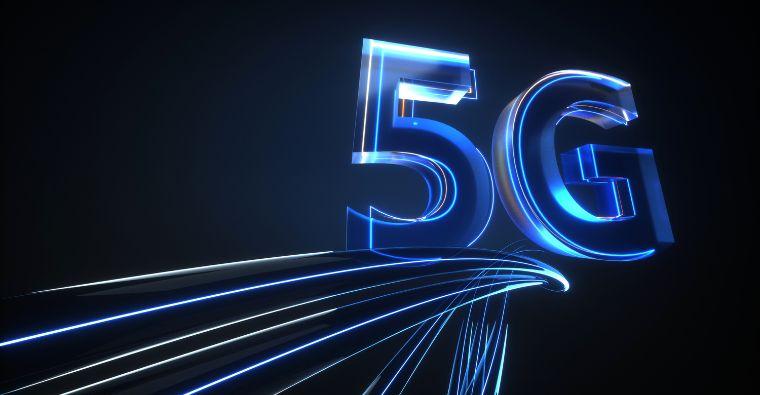The History and Evolution of the Internet
The concept of the internet dates back to the 1960s when the United States Department of Defense funded a project called ARPANET (Advanced Research Projects Agency Network). ARPANET's goal was to create a decentralized network that could maintain communication in the event of a nuclear attack. This pioneering network used packet switching technology, which remains the foundation of modern internet communication.
The 1980s and 1990s marked significant milestones in the internet's development. The introduction of the Domain Name System (DNS) in 1983 and the creation of the World Wide Web (WWW) by Tim Berners-Lee in 1989 revolutionized internet use. The WWW made the internet accessible to the general public, leading to the exponential growth of websites and online services.
The Internet's Impact on Communication
One of the most significant impacts of the internet is its ability to connect people across the globe instantly. Email, instant messaging, and social media platforms have revolutionized personal and professional communication. Social networks like Facebook, Twitter, and LinkedIn have become integral parts of our daily lives, allowing us to share information, ideas, and experiences with a global audience.
Video conferencing tools such as Zoom, Microsoft Teams, and Skype have also transformed the way we work, enabling remote work and virtual collaboration. The COVID-19 pandemic further highlighted the importance of these tools, as businesses and educational institutions shifted to online platforms to maintain continuity.
The Internet and Information Accessibility
The internet has democratized access to information, providing unprecedented opportunities for learning and knowledge sharing. Online search engines like Google have made it easy to find information on virtually any topic within seconds. Educational platforms such as Khan Academy, Coursera, and edX offer free and paid courses, making education accessible to people worldwide.
The rise of digital libraries, online journals, and open-access resources has also transformed academic research. Scholars and students can now access a wealth of information from anywhere in the world, fostering a more collaborative and inclusive academic environment.
The Internet Economy
The internet has given rise to a new digital economy, characterized by e-commerce, online advertising, and digital services. Companies like Amazon, eBay, and Alibaba have revolutionized the retail industry, allowing consumers to shop online from the comfort of their homes. Digital payment systems, such as PayPal and cryptocurrencies like Bitcoin, have further facilitated online transactions.
Online advertising has become a major revenue stream for companies like Google and Facebook, which leverage user data to deliver targeted ads. The gig economy, powered by platforms like Uber, Airbnb, and Fiverr, has created new opportunities for freelance work and entrepreneurship.
Challenges and Concerns
Despite its many benefits, the internet also presents several challenges and concerns. Issues related to privacy, security, and digital divide continue to be significant. The collection and misuse of personal data by companies and governments have raised concerns about user privacy. Cybersecurity threats, including hacking, phishing, and ransomware attacks, pose significant risks to individuals and organizations.
The digital divide, the gap between those with access to the internet and those without, remains a critical issue. Efforts to provide affordable and reliable internet access to underserved communities are essential to ensure that the benefits of the internet are universally shared.
The Future of the Internet
The future of the internet holds exciting possibilities. Emerging technologies such as 5G, the Internet of Things (IoT), and artificial intelligence (AI) are poised to further revolutionize the way we live and work. 5G promises faster and more reliable internet connections, enabling the growth of smart cities and autonomous vehicles. IoT devices, from smart home appliances to wearable health monitors, will continue to integrate into our daily lives, providing greater convenience and efficiency.
AI will play a crucial role in enhancing internet services, from personalized recommendations to advanced cybersecurity measures. However, it is essential to address the ethical and societal implications of these technologies to ensure that they are developed and used responsibly.
The internet has profoundly transformed our world, connecting people, democratizing access to information, and creating new economic opportunities. While challenges remain, the continued evolution of internet technology promises to bring even greater advancements and improvements to our lives. As we navigate this digital age, it is crucial to foster an inclusive and secure internet environment that benefits all of humanity.




